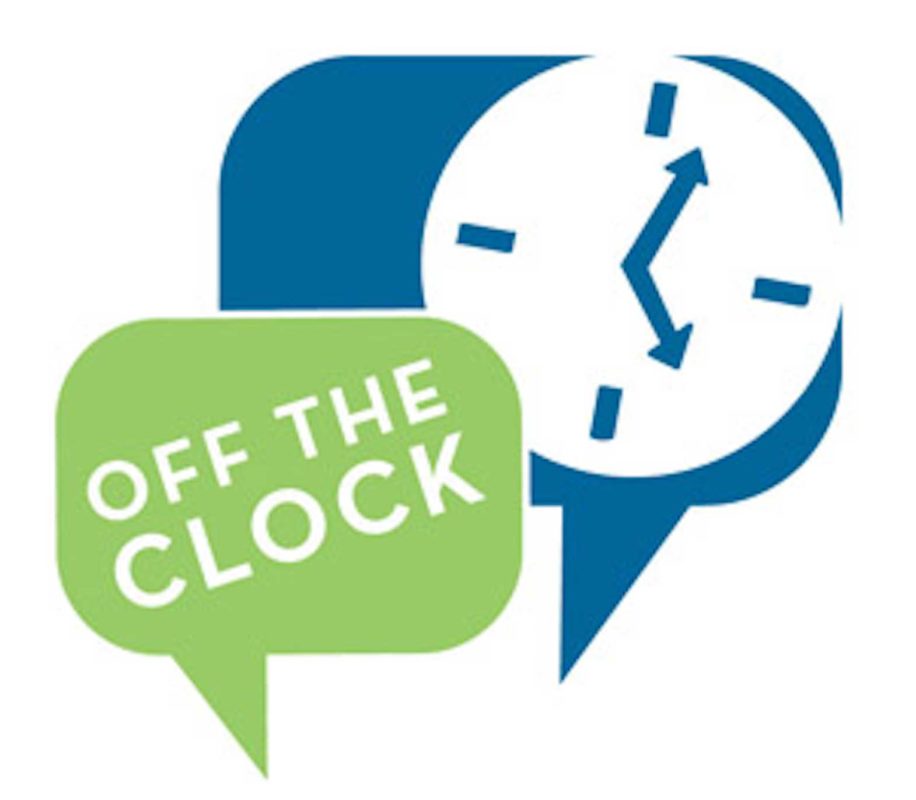
Q: I work as a “team member” in the service industry in Los Angeles. Before we clock-in for our shift, we are required to attend a “huddle,” or a meeting where we discuss events during prior shifts, our assignments, etc. These “huddles” last 15 to 20 minutes every day. Should we be paid for these meetings even though we are not clocked in and the meetings are not part of our main job?
A: Your “huddle” sounds like “hours worked” and must be paid. “Hours worked” is the time during which an employee is subject to the control of an employer. This includes all the time that you are required to be present at the workplace. It also includes any “off-the-clock” time you spend performing job-related activities which benefit the employer.
Under California law, “off-the-clock” hours are considered “hours worked.” “Off-the-clock” hours are hours worked by employees before or after their regular scheduled hours, even if the employer has not directly required or authorized that the off-the-clock activities be performed. Off-the-clock hours may include coming to work early to work before the shift’s official starting time or continuing to work after one has clocked out for one’s official end time.
Off-the-clock work may also include preliminary or preparatory activities that employees do before they do their main tasks. For example, employees may spend time putting on a special uniform or gear before they start work. Or employees may spend time gathering equipment, being briefed by supervisors about the day’s work, or getting updates from the outgoing shift before clocking in. All of these pre-shift activities fall within hours worked and should be paid.
If any of the activities above caused the employees to work overtime hours, then California law requires that the employees be paid at the premium rate of 1 ½ times the employee’s regular rate if the employee worked more than 8 but less than 12 hours in a work day. If the employee worked more than 12 hours in a work day or in excess of 8 hours on the seventh day in a work week, the employee is entitled to double the employee’s regular rate.
In determining whether additional wages are due, employees should not be discouraged if the work performed was “off-the-clock” and not recorded. They should also not simply accept that they’re not entitled to additional wages just because the work performed was “voluntary,” “unauthorized” or “unapproved.” Work performed voluntarily, or without authorization or approval, may still be compensable if the employer knows or should know work is being done and permits the employee to do it.
In addition, all the time spent performing work-related activities for the benefit of the employer, whether “required” by the employer or not, would still be hours worked. These would include work performed at the employer’s premises or work performed “at home” or at another place that is not the usual work site. Employers who accept the benefits of the work performed by its non-exempt employees must pay the wages due to these employees. ©
The Law Offices of C. Joe Sayas, Jr. welcomes inquiries about this topic. All inquiries are confidential and at no-cost. You can contact the office at (818) 291-0088 or visit www.joesayaslaw.com. [For more than 25 years, C. Joe Sayas, Jr., Esq. successfully recovered wages and other monetary damages for thousands of employees and consumers. He was named Top Labor & Employment Attorney in California by the Daily Journal, consistently selected as Super Lawyer by the Los Angeles Magazine, and is a past Presidential Awardee for Outstanding Filipino Overseas.]

